You've got a great idea for a short film and you're ready to tell the world about it. But where do you start? Don't worry, I've got your back.
But first of all, one thing: what if writing a script meant taking risks?
It's essential that aspiring scriptwriters remember that creativity has no limits. Don't let budget constraints limit your imagination or prevent you from telling your story. Some of the most groundbreaking and iconic films have been made on shoestring budgets, proving that innovation and ingenuity can trump financial limitations.
Take up the challenge of working with what you've got and think outside the box to bring your vision to life. What's more, silence that inner critic who tells you your ideas aren't good enough or original enough. Unleash your creativity and allow yourself to explore bold new ideas without self-censorship.
Allow yourself to take risks, to experiment and to push the boundaries of your story. Trust your unique voice and vision, and remember that great stories come from the heart, not from doubt or fear. So drop the restrictions and let your creativity soar - the world is waiting for your story.
Now let's dive right in and get on the fast track to writing your first short film script.
7 tips to start writing your script
- Start with a bang: Don't be afraid to get in on the action. Grab your audience's attention right from the start with a captivating opening scene. For example, your film could start with a car chase, a heated argument or a mysterious discovery.
- Keep it simple: When writing the script for your first short film, it's important to keep the story simple and focused. Avoid overly complex plots or too many characters. Remember that you only have a limited amount of time to tell your story.
- Create memorable characters: The key to a successful short film is to have strong, relatable characters that resonate with your audience. Give your characters unique personalities, motivations and flaws that make them interesting and dynamic. For example, you could have an eccentric inventor, a stoic detective or a friendly lapdog.
- Show, don't tell: To avoid "exposition", instead of giving your audience information through dialogue, let your characters' actions and environment speak for themselves. Use visual storytelling techniques to convey emotions, relationships and conflicts. Show your characters interacting with their environment, facing obstacles and making choices that move the story forward.
- Write punchy dialogue: Short films rely heavily on concise, punchy dialogue to drive the story and develop the characters. Dialogue should be lively, witty and realistic. Each line should have a purpose and reveal something about the characters or plot. Think about how the characters talk, how they express themselves and what slang or unique expressions they might use.
- Embrace the twists and turns: Keep your audience on their toes by incorporating unexpected twists into your short film's script. Add a surprising revelation, a sudden betrayal or a clever resolution that thwarts their expectations. A well-executed twist can enhance your story and leave a lasting impression on viewers.
- End on a high note: End your short film with a memorable and satisfying conclusion that leaves a lasting impact. Tie up loose ends, deliver a strong message or leave the audience with a lingering question or emotional resonance. End on a positive note that makes viewers want to see your film again and share it with others.
In conclusion, writing your first short film script can be an exciting and rewarding experience. With these tips in hand, you'll be well equipped to bring your creative vision to life on screen. So grab your laptop, roll up your sleeves and dive headfirst into the exciting world of filmmaking. The sky's the limit, and your ideas have the power to captivate and inspire audiences the world over. Go ahead and write your masterpiece!
Bonus tip for female readers
Embrace diverse perspectives: As a filmmaker, draw on your unique experiences and points of view to create authentic, nuanced characters. Celebrate the triumphs, challenges and complexities of women in your stories. Showcase female characters who break stereotypes, challenge norms and follow their own paths with strength and determination. Use your voice to present a wide range of women's stories and allow audiences to see the world in a new light.
Additional advice for male readers
Explore vulnerability and sensitivity: As a male director, don't be afraid to explore emotions, vulnerability and sensitivity in your story. Show male characters grappling with their inner struggles, fears and doubts in a raw and authentic way. Challenge traditional notions of masculinity and present a more nuanced and compassionate image of men. Bring empathy, introspection and emotional depth to your characters to create multi-dimensional, relatable stories that resonate with audiences.
